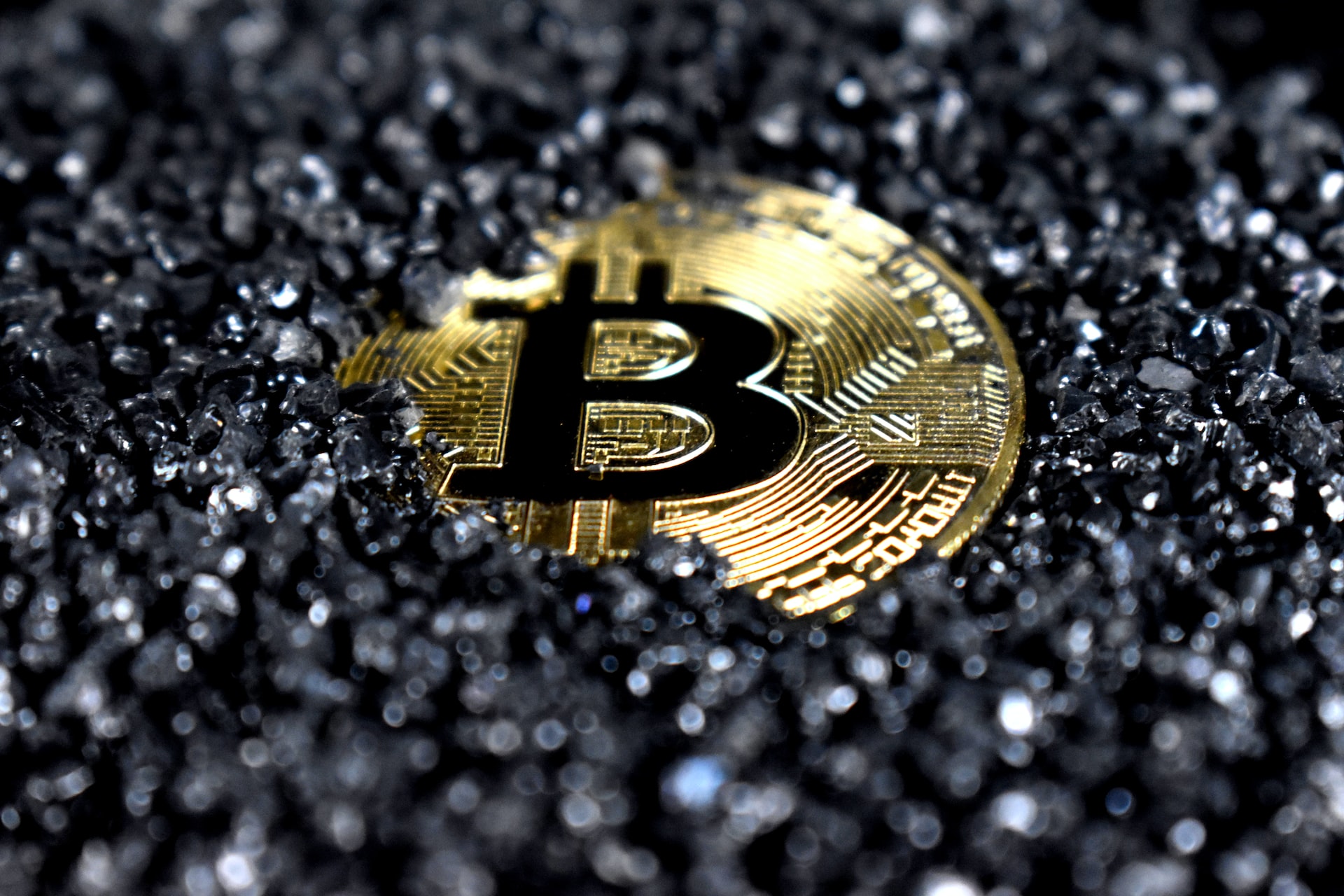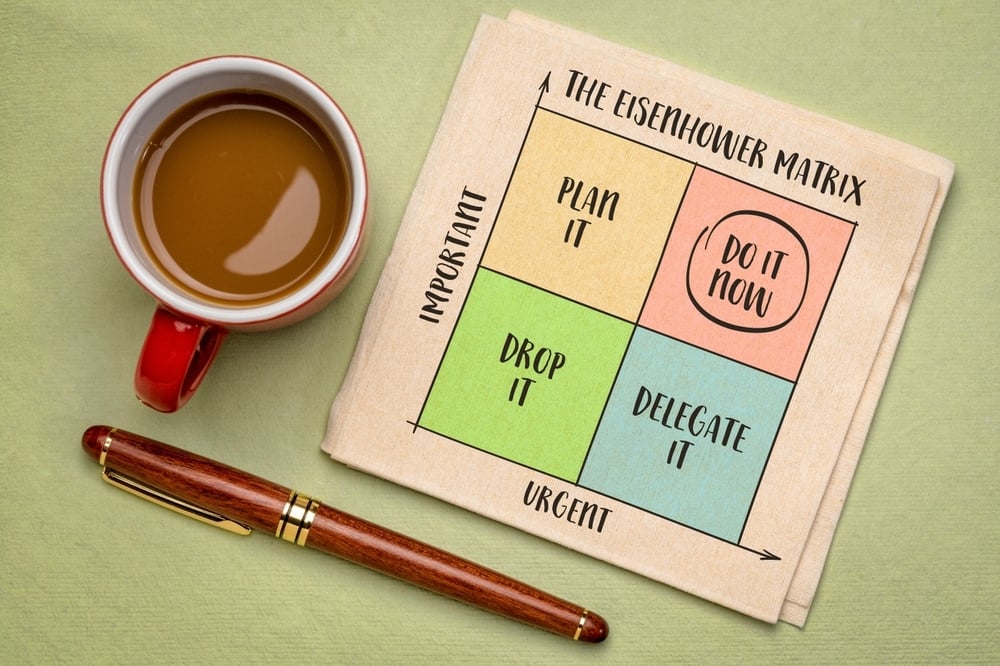
Digital Currencies: The End of Real Money?
by Ed Reid
Listen to Audio Version:
My apologies. We’re back in the Dark Ages this week, the blog scratched out on a wax tablet. Inked and stamped with my John Bull Printing Outfit, tapped out on my Amstrad 1512.
What this week’s blog emphatically wasn’t was generated using AI – although I’m still in shock at the speed with which Chat GPT wrote chunks of the previous post.
But despite the antiquated tech, I’m looking forward not back – specifically, to the time when the UK has a digital currency.
So let’s start with a basic definition. What is digital currency?
Simply put, it’s a currency that exists only in a digital form. There are no notes or coins: the currency simply does not exist in a physical sense.
Many of you will be familiar with Bitcoin: what I’m talking about is a digital pound. Ten-pound notes and fifty pence pieces disappearing, and the pound in your pocket, well… Not being in your pocket any longer.
‘Hang on,’ I hear several of you say. Don’t we – more or less – have a digital currency already?
I’d almost agree. I rarely use cash: only for two things – giving money to charity and settling (invariably losing) bets on the golf course. Doing some ad hoc research you could add ‘paying for my haircut’ and ‘paying the gardener’ to the list. But – like the vast majority of people reading the blog – I have absolutely no problem going anywhere without cash in my pocket.
I have my cards and, increasingly, I have my phone. And when I want to do the accounts, it’s all there on my laptop.
But – if I wanted – I could still pay cash in the restaurant. I could go to the hole-in-the-wall and, five minutes later, give the butcher a twenty-pound note.
Several countries are well on the way to removing that option. As most people know, Sweden is virtually a cashless society, with the central bank working on the e-krona. Then there’s the e-peso in Uruguay, the estcoin in Estonia and the much-publicised moves towards a digital yuan in China. But of all the putative digital currencies my favourite has to be the Sand Dollar, which is already being used in the Bahamas.
What about the UK?
Earlier this month the BBC reported that the UK was ‘a long way down the road’ towards using ‘stablecoins’ for wholesale payments. What are ‘stablecoins?’ Very simply, ‘coins’ are designed to have a predictable value – which is absolutely what businesses need. Bitcoin started last year at slightly over £35,000. It ended the year at £13,684. Not a currency that’s going to let you sleep at night…
The current plan is that a digital currency in the UK would ‘sit alongside’ cash and bank deposits, rather than replace them.
But it’s going to happen one day. Cash and bank deposits will give way to a fully digital pound. What are the advantages and disadvantages?
If you’re Jeremy Hunt contemplating the multi-billion pound hole in the UK’s finances – and telling us there’ll be no tax cuts in March – a digital currency is the answer to your prayers.
In theory, it wipes out the black market. No more paying cash for your haircut. Ditto for the gardener – and the phrase ‘how about cash and we forget the VAT’ disappears forever.
There are other advantages: digital currencies make transactions faster. They’re an alternative to traditional banking for people who – for whatever reason – may not have access to a bank.
Every transaction can be tracked: money laundering becomes far more difficult. Profits from organised crime can be tracked and – hopefully – stopped.
But if you’re a civil liberties campaigner, tracking every transaction comes with a huge downside. We’re all entitled to do what we like with our money – without a government algorithm deciding that we shouldn’t. Or giving us a black mark in some dystopian school register…
And then there’s cybercrime – a subject I’ve written about several times. A major attack on a country’s digital currency? Is the whole financial infrastructure paralysed? It doesn’t even bear thinking about.
Traditionally I end a post like this with some recommendations. This is what it means for your business; this is what you should do. A digital pound? For now, I don’t think you need to do anything other than keep a watching brief.
…Except make sure that your cyber-security is as good and as watertight as it can be. If the Bank of England is preparing for a digital pound you can be absolutely sure they’re not the only ones. An army of hackers and cybercriminals will be doing exactly the same thing.
Related articles


Doing Unto Others
Ed Reid talks about how we as business owners should treat our colleagues and clients as we come out of the pandemic.

‘Tis the season for the return of the office Christmas party
Looking after your staff must be a priority, so here are five reasons why business owners should host an office Christmas party this year.





